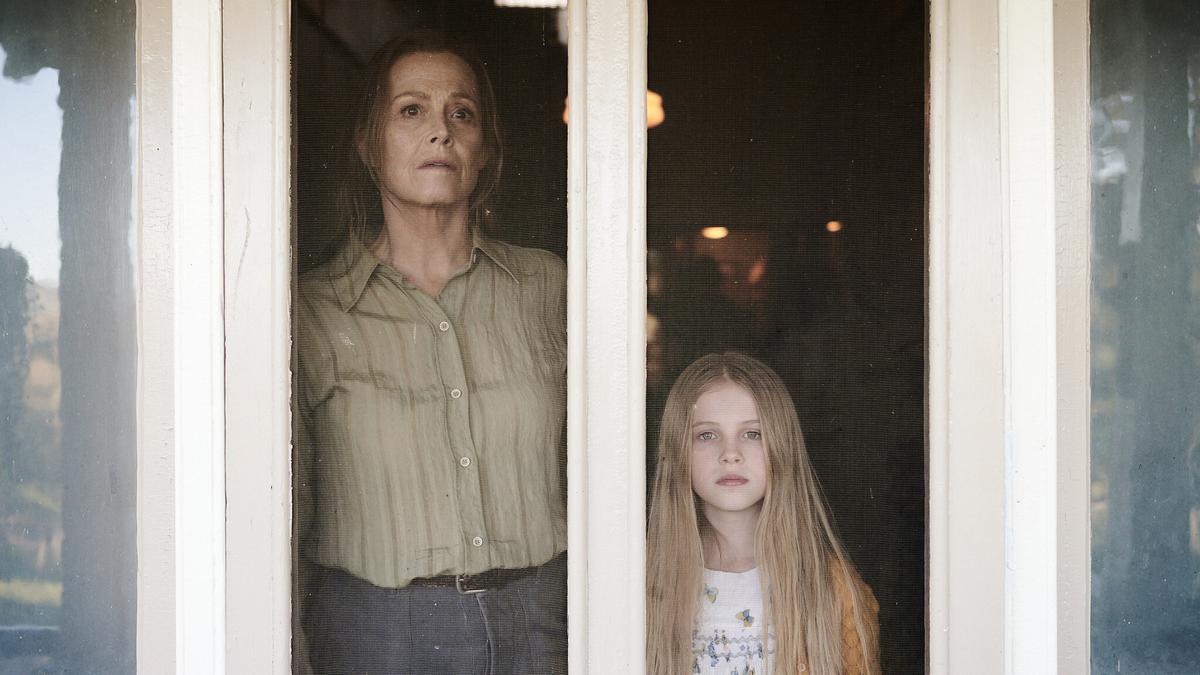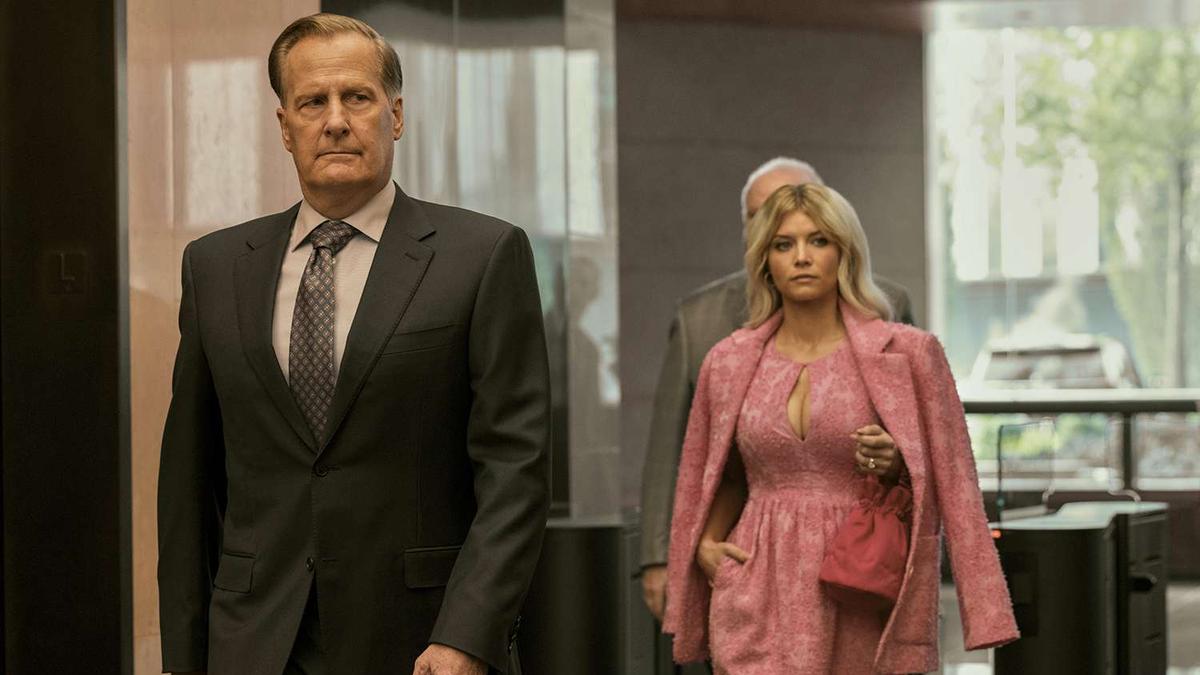- August 7, 2023
‘The Lost Flowers of Alice Hart’ series review: Sigourney Weaver dazzles with fierce dignity in this tender story of generational trauma

A scene from ‘The Lost Flowers of Alice Hart’
| Photo Credit: Prime Video
After the brilliant little horror film, Talk to Me, The Lost Flowers of Alice Hart is another opportunity to see the beautiful, otherworldly Australian landscape. Based on Holly Ringland’s 2018 debut novel, The Lost Flowers of Alice Hart tells the story of nine-year-old Alice (Alyla Browne) who seems to be living a happy life with her parents, Clem (Charlie Vickers, Jack Latorre as young Clem ) and Agnes (Tilda Cobham-Hervey) and dog, Toby. Seems is the operative word, as Clem, who makes the most beautiful things with his hands, uses those very same hands on his pregnant wife and daughter.
The Lost flowers of Alice Hart
Creator: Sarah Lambert
Episodes: 7
Runtime: 49 to 61 minutes
Cast: Sigourney Weaver, Alycia Debnam-Carey, Alyla Browne, Asher Keddie, Leah Purcell, Frankie Adams, Alexander England, Charlie Vickers, Jack Latorre, Tilda Cobham-Hervey, Sebastián Zurita, Shareena Clanton
Storyline: Alice Hart’s journey of recovery, acceptance and forgiveness
Agnes shares a love for flowers and fairy tales with her daughter. Sally (Asher Keddie) who works in the town library, sees Alice wandering barefoot in her nightdress and invites her into the library. Sally tells her husband John (Alexander England), who is a policeman, to check on the Harts, which he does but cannot prove that Clem is abusive.
Alice comes to stay with her grandmother June (Sigourney Weaver), who she did not even know existed, after losing her parents in a fire. Sally, who has lost her daughter Gemma to illness, wishes to adopt Alice, but cannot do so as June is the next of kin.
June runs a native flower farm, Thornfield, where flowers are used to communicate things that are difficult to articulate. Thornfield is also a refuge for women broken by circumstances, history or the people closest to them. Even though June has created a safe space for the flowers, as the women who come there seeking refuge are called, she keeps secrets from Alice.
Alice grows up within the warm embrace of the flowers including Candy (Frankie Adams) with her blue hair, and Twig (Leah Purcell). Oggi (Luc Barrett), whose mum had stayed at Thornfield for a while, befriends Alice and makes her first days at school bearable. Years pass and Alice (Alycia Debnam-Carey) is 24 years old when she finds out how much June controls her life.
Alice storms out of Thornfield and heads for Agnes’ Bluff. She finds herself in the Australian desert, and gets a job at a reservation as a ranger. At the reservation, she meets and is drawn to the dangerously attractive Dylan (Sebastián Zurita), much to the disquiet of a senior ranger, Ruby (Shareena Clanton).
June is diagnosed with cancer and needs to make peace with her history too, and the stories she has told herself and the others. These are the stories that have sustained and stunted her. When June sees Alice going down a similar path of silence and denial, June knows she has to confront her demons to help Alice.
Sigourney Weaver scintillates in this intergenerational story of hurt and healing. Like the flowers, this show is beautiful within and without. The episodes, like the chapters in the book, are named after native Australian flowers and what they stand for. The first episode is called ‘Black Fire Orchid’, which means “desire to possess” while the finale is ‘Sturt’s Desert Pea’, which stands for “have courage, take heart”.
The wildflower farm, the vast silence of the desert and the tranquil murmur of the seaside are beautifully captured in this story of people with messy lives and inclinations that you nevertheless identify with and invest in. The music (Hania Rani), original as well as Massive Attack’s ‘Teardrop’ and an incendiary cover of Metallica’s ‘Nothing Else Matters’ by Phoebe Bridgers, adds an extra layer of gorgeousness to this already magnificent show.
While Liane Moriarty’s Nine Perfect Strangers and Big Little Lies were transplanted from their Australian setting in the novels to the United States for the series, keeping the original setting of The Lost Flowers of Alice Hart, proves that the human situation is both singular in space and time and universal.
The Lost flowers of Alice Hart currently streams on Amazon Prime Video







